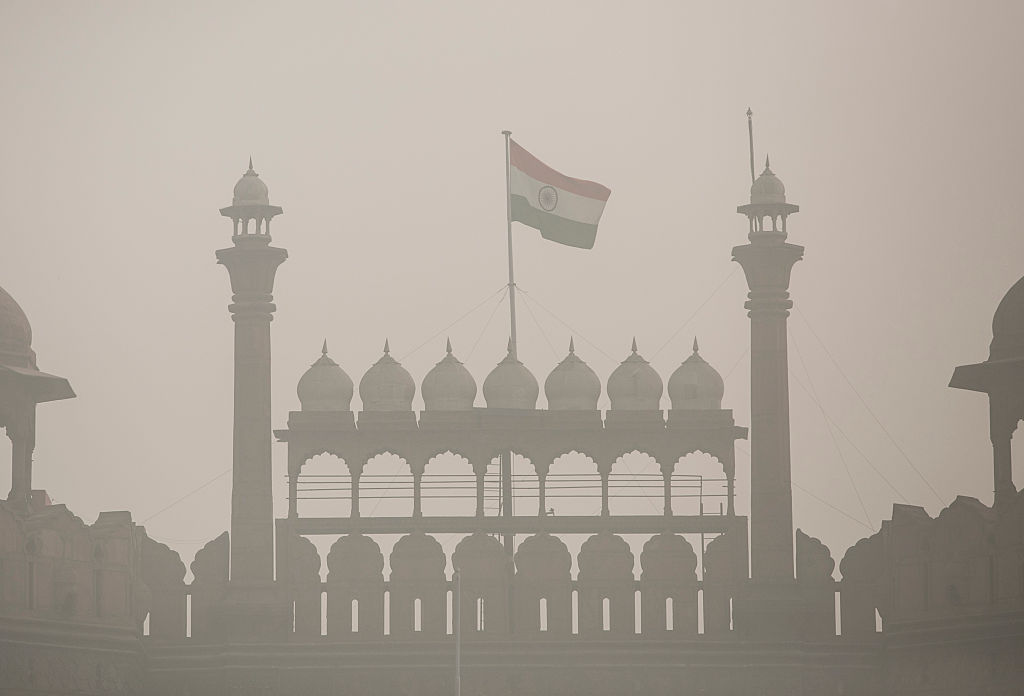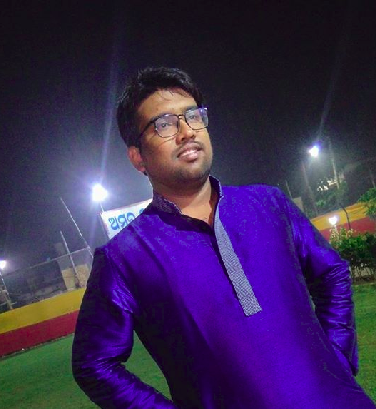Cricket at times of pollution - who are we holding hostage?
If it doesn’t hit you, then it doesn’t hit you. But that doesn’t mean everything is alright. Delhi is hosting a cricket match and I can’t be sadder for the simple fact of the way cricket, my sport, that is born to entertain us, is giving some of its finest exponents pain, some life-threatening pain.

It is not news anymore that Delhi is hosting the first T20 between India and Bangladesh. It is a grave societal problem and a simple case of money triumphing everything - even life of the cricketers. But who cares? BCCI needs to fill up its quota. Today, I am writing this in anger, in pain, thinking of every aspect of the agonising society where how insensitive the stakeholders of our sport have become.
For context, the Environment Pollution (Prevention & Control) Authority has declared a public health emergency across the National Capital Region (NCR) with pollution levels entering the "emergency" category for the first time since January. Overall air pollution levels remain "severe", with the Air Quality Index (AQI) measuring 407 at 10 am, as per data released by the Central Pollution Control Board (CPCB) and it is no surprise, given Diwali has just gone by. As sad as it may sound, it has been the case for some years now, and the smog level in Delhi is not a simple problem to tackle.
To understand how damaged it is, it is convenient to go exactly a year back to today. In the game between Mumbai and Railways, which started exactly on November 1 last year at the Karnail Singh Stadium in Delhi, few of the Mumbai players including Dhawal Kulkarni, Aditya Tare and Siddhesh Lad came out to the ground with masks on.
A year before that, India were almost forced to declare their innings against Sri Lanka in bizarre circumstances as the visitors ran out of players healthy enough to field in the polluted Delhi air on day two of the Test. After two stoppages of worth 22 minutes, Sri Lanka trainer Nick Lee took the field while fielding coach Manoj Abeywickrama was even ready in his whites. If one needs more examples, in the 2016-17 season, two Ranji matches - Bengal versus Gujarat, and Hyderabad versus Tripura - were called off because of heavy smog and poor air quality conditions.

 © Twitter
© TwitterThis was sad, but despite knowing that Post-Diwali conditions are horrendous in Delhi, some wise men in the BCCI board-room awarded a T20 game to the national capital. The schools are shut down, people are advised against jogging, and the government has already dished out the health advisory - “Do not indulge in strenuous athletic activity lest it causes irreversible damage to lungs.” and here we are, playing an international T20 game.
As frustrating as a rain-delayed game is, players being off the field when the sun burns too brightly or the smog causes breathing problems is a case of even higher contemplation. Recently, in a report released by the Climate Coalition in 2018, it is noted, "of all the major pitch sports, cricket will be the hardest hit by climate change". Also, another “Hit for Six” report released by the University of Lord’s and the University of Portsmouth found that "a full day in the crease, given the shuttle runs you're required to make when you're running between wickets, can be the equivalent of running a marathon".
So who are we holding hostage? When the Sri Lanka matches were held, and the BCCI was asked the tough questions, they deviated it by saying there wouldn’t be any match until 2020. So the matter could be discussed on a later date. Now, who were the men sitting in the tour and fixtures committee meeting and deciding to host an international match within a week of Diwali?
Even for the board president, Sourav Ganguly, the matter of economics triumphed over the lives at stake as he shrugged off the idea of moving the match out of the Arun Jaitley Stadium for the logistical challenges involved. With utmost respect for Ganguly and even understanding the difficulties of moving a game out of a city in the last minute, this is sad.
The time has come for everyone - from fans to cricketers to boards to every stakeholder involved - to join hands, because being a passive bystander and criticising stuff won't cut it anymore. Delhi doesn’t deserve to host a game of cricket and right now, that is what matters for the sport. Take a stance for cricket.

Comments
Sign up or log in to your account to leave comments and reactions
0 Comments